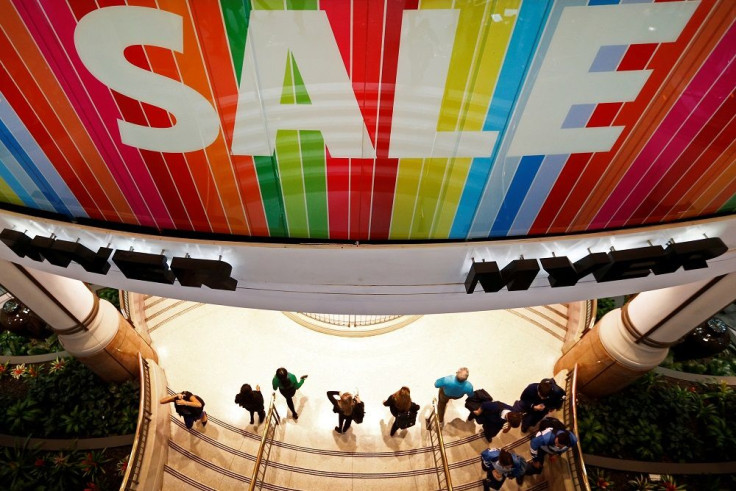Australian consumer confidence dips 3% to 99.1 in July over close election & Brexit

While Australian investors regained their 2016 losses, mainly from Brexit, on Monday at the Australian Stock Exchange with the $31 billion rally, it is a different story for consumers. The Westpac-Melbourne Institute confidence survey for July says the main index dropped 3 percent to 99.1 from 102.2 in June.
The survey was held after the July 2 federal election which took more than one week to resolve if Australia would have a hung parliament or the Coalition gain slight control. Besides causing consumers to feel unsettled, Westpac chief economist Bill Evans adds that Australian consumers also felt the aftershock of Britons’ decision to leave the European Union.
Results of the EU referendum were, similar to Australia’s election, teetering since the “Leave” and “Remain” votes were neck-to-neck. However, the Brexit poll results came out faster than Australia’s federal election result.
The bank polled 1,200 Australians between July 4 and 7. Evans points out, “By the time of the survey market volatility associated with ‘Brexit’ had largely settled down and media commentary was, correctly in my view, concentrating on the implications for the UK economy rather than the initial reaction which speculated on some disastrous contagion for the whole of Europe.”
But the prospect of a hung parliament loomed at that time. As a result, confidence of people who said they were major party voters (Coalition or Labor) dipped by about 7 percent, while those who opted for minor parties logged a 6.4 percent hike in confidence, reports ABC.
The political jitters has basis. Evans recalls, “Respondents would have been particularly unnerved about the prospect of an inconclusive election result given the experience during the last hung parliament in 2010 to 2013.” He adds, “Since the end of the survey period we have seen some welcome political certainty with the prospect of a hung parliament avoided.”
ANZ-Roy Morgan also conducted a consumer confidence poll earlier this week, but the modest fall in confidence was noted even if at the time of the survey it was quite obvious the Coalition was on its way to retaining government with its own majority.
Falls in family finances based on household assessments, compared to the past 12 months and in anticipation of the next 12 months, drive the decline in consumer confidence. Once the index goes below the 100-point level, it means more people are pessimistic than optimistic about the future.
VIDEO: Greater confidence in banks helps everyone: Ohlsson





















